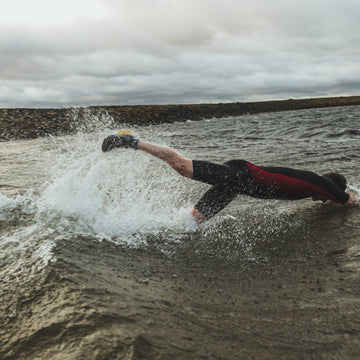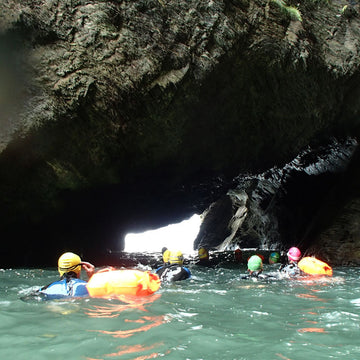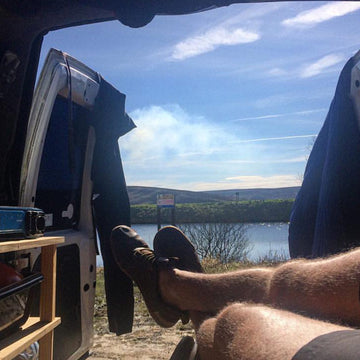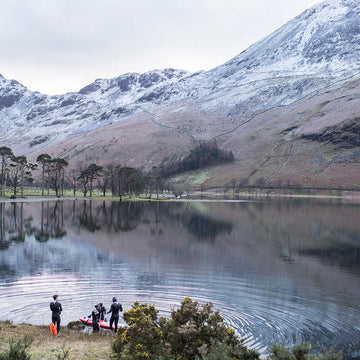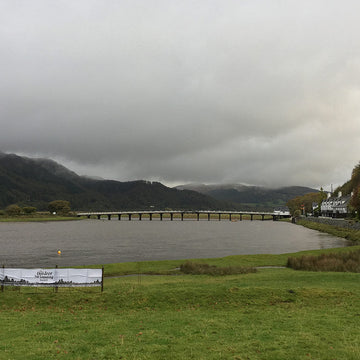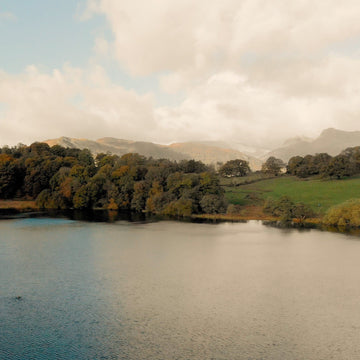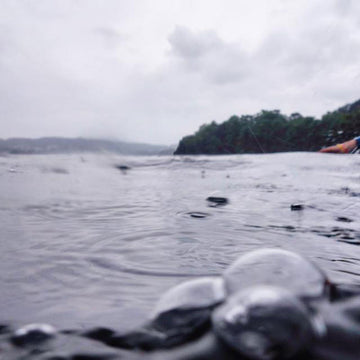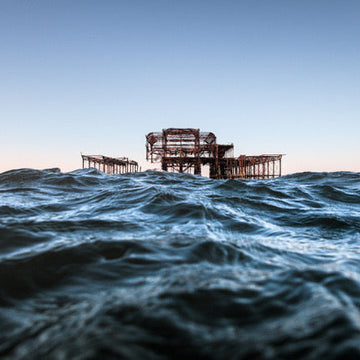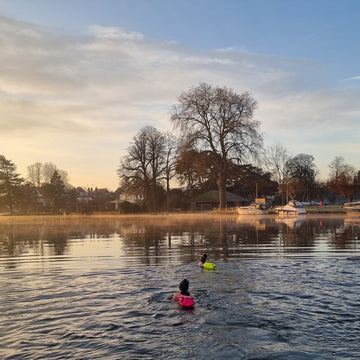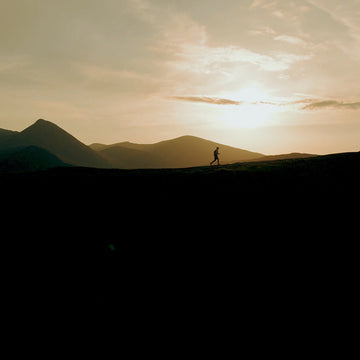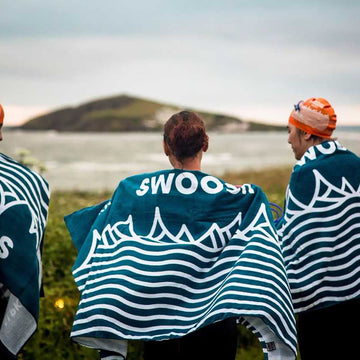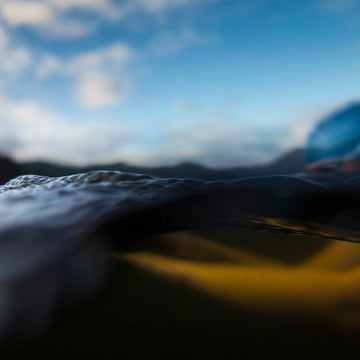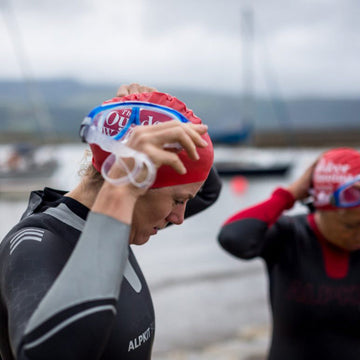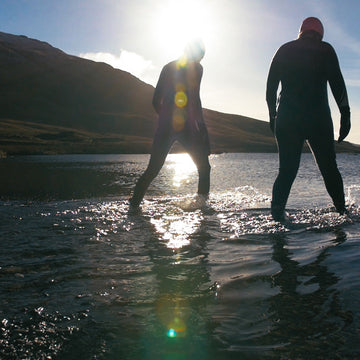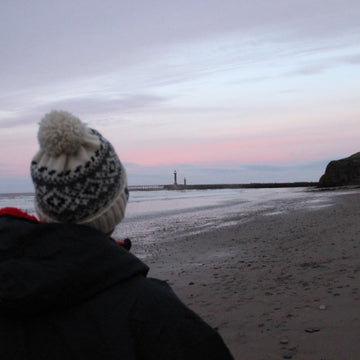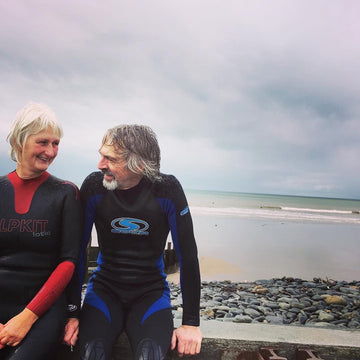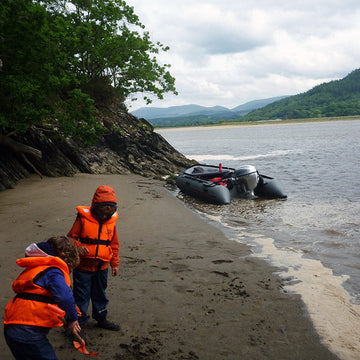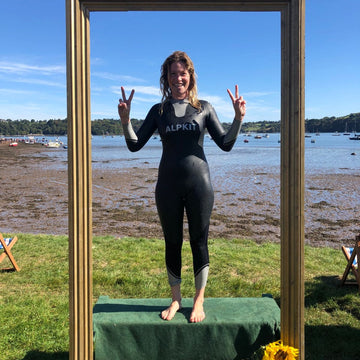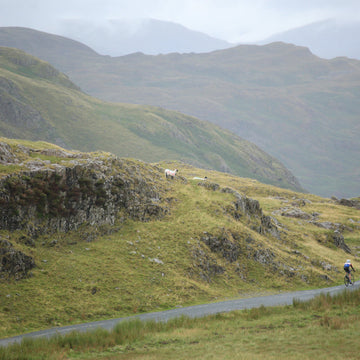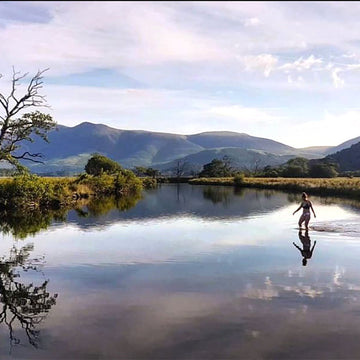
Water has no boundaries. it can not belong to anybody, any more than you can own the air.
Who has the right to swim outdoors? We do. In lakes, reservoirs, rivers and streams. In waterfalls, tarns and seapools.
That’s what I and many others believe in: that we have an innate right to access land, lakes and rivers, to go into green and blue spaces. To have them clean enough that they’re swimmable when we get there. And to move freely through these commons with care.
Water has no boundaries: it can not belong to anybody, any more than you can own the air. The movement to have the right to swim clearly enshrined in new laws has grown massively since The Outdoor Swimming Society (OSS) began talking about inland access in 2006. And now it’s focused on one particular date of the year: the anniversary of the first Kinder Trespass.
It’s hard to imagine England or Wales without access to highlands and without National Parks, but on 24 April 1932, when almost 500 local walkers challenged their exclusion from land by leading a trespass up Kinder Scout in the Peak District, that was the situation. Cut to 2021, when swimmers from The OSS, Sheffield Outdoor Plungers and the local area took the protest for more rights to the water, at Kinder Reservoir.
In the three years since then, we’ve seen a ripple effect across the country as more and more people demand two things: more protection for our water against human damage (agricultural, industrial and sewage) and access to what we see as ‘the commons’. We do not want to queue up and pay for a swim, we want to swim as people walk: at 5am, for 3 minutes, at midnight, for hours, before or after a picnic. Alone, with friends, with our families. Our right is not for organised sport, it’s for free access to our blue spaces.
The best way to get this innate, natural right enshrined more clearly in law is to use it: to go swimming. To act as if we are already free. The law is a bottom up process as well as a top down one: it responds to the actions we take. It changes along with what people feel they are entitled to do. If we imagine law as otherwise, it may become it.
The Kinder Trespass was a catalyst, it took many years to establish national parks and 68 to achieve the CROW Act (2000). Reservoirs look to us the place to start: there are 2000 across England and Wales, often near cities where people are short on places to swim. The area encompassing Liverpool, Manchester, Leeds, Sheffield and Doncaster has a population of around 7.6 million people, with more than 250 reservoirs, but a distinct lack of free open access swim spots. Plus, the Water Industry Act 1991 states that water companies must “.ensure that the water or land is made available for recreational purposes and is so made available in the best manner”. While many reservoirs have footpaths, fishing and boating, swimming is often expressly prohibited. Who gave them that right?
That'swhy on 28 April 2024, at noon, swimmers all over the country tookto the water near them, expressing our right. You may wish to think about finding a place, finding a friend, grabbing a placard and doing the same.

![Tarka Wetsuit [Mens]](http://eu.alpkit.com/cdn/shop/files/mens-tarka-2025-1.jpg?v=1744741374&width=768)
![Tarka Wetsuit [Mens]](http://eu.alpkit.com/cdn/shop/files/mens-tarka-2025-4.jpg?v=1744741374&width=768)
![Tarka Wetsuit [Womens]](http://eu.alpkit.com/cdn/shop/files/womens-tarka-2025-1.jpg?v=1744741661&width=768)
![Tarka Wetsuit [Womens]](http://eu.alpkit.com/cdn/shop/files/womens-tarka-2025-3.jpg?v=1744741662&width=768)
![Straven [Womens]](http://eu.alpkit.com/cdn/shop/files/womens-straven-2025-1.jpg?v=1744741948&width=768)
![Straven [Womens]](http://eu.alpkit.com/cdn/shop/files/womens-straven-2025-3.jpg?v=1744741949&width=768)

![Element Wetsuit Jacket [Mens]](http://eu.alpkit.com/cdn/shop/products/element-mens-jacket-pants-ecom-2_20228afb-4b26-41de-8747-726b26edded5.jpg?v=1699443321&width=768)
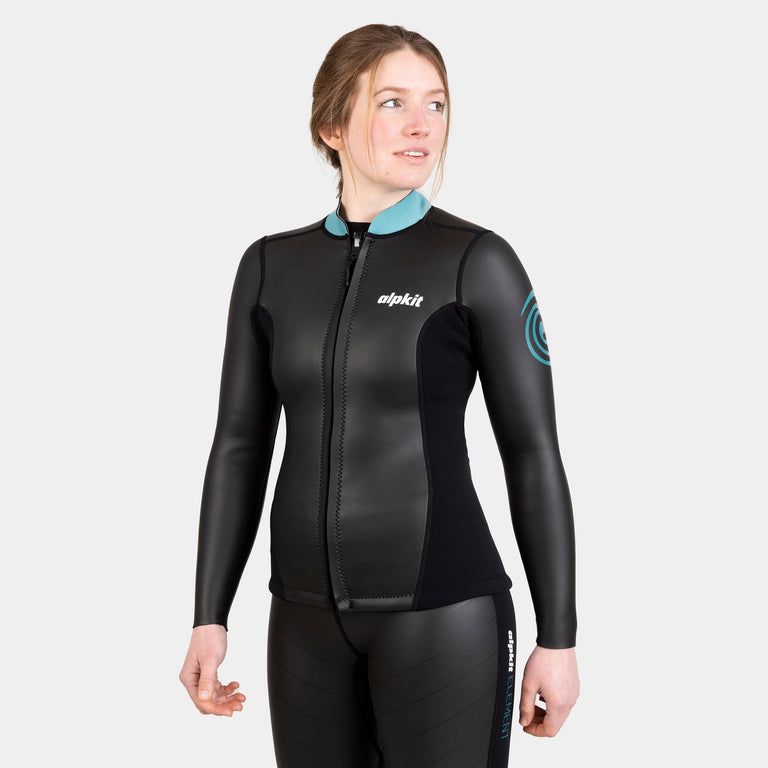
![Element Wetsuit Jacket [Womens]](http://eu.alpkit.com/cdn/shop/products/element-womens-jacket-pants-ecom-2.jpg?v=1702651976&width=768)
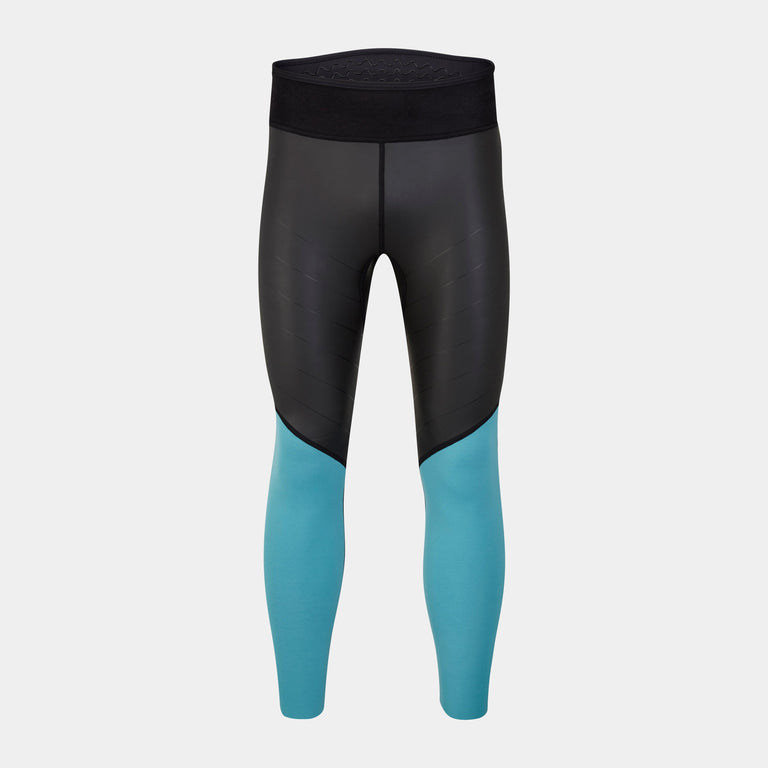
![Element Wetsuit Pants [Mens]](http://eu.alpkit.com/cdn/shop/products/element-mens-jacket-pants-ecom-2_c06af369-dc75-44f8-9ccb-f65f3737c4aa.jpg?v=1699443392&width=768)
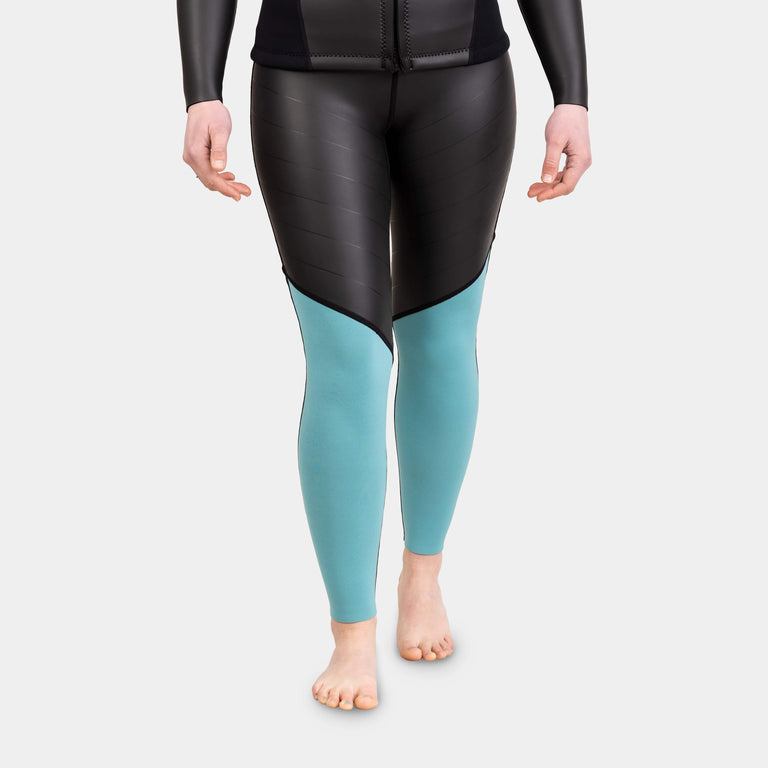
![Element Wetsuit Pants [Womens]](http://eu.alpkit.com/cdn/shop/products/element-womens-jacket-pants-ecom-2_255d3f4a-410d-4d32-a657-6d9bab5b0d2d.jpg?v=1702651971&width=768)

![Element Wetsuit Shorts [Mens]](http://eu.alpkit.com/cdn/shop/products/element-mens-vest-shorts-ecom-2.jpg?v=1702916294&width=768)
![Element Wetsuit Shorts [Womens]](http://eu.alpkit.com/cdn/shop/products/womens-element-shorts.jpg?v=1702654051&width=768)
![Element Wetsuit Shorts [Womens]](http://eu.alpkit.com/cdn/shop/products/element-womens-vest-shorts-ecom-1.jpg?v=1702654051&width=768)

![Element Wetsuit Vest [Mens]](http://eu.alpkit.com/cdn/shop/products/element-mens-vest-shorts-ecom-2_bed513c4-b564-4446-856d-d889f90f885e.jpg?v=1702909396&width=768)

![Element Wetsuit Vest [Womens]](http://eu.alpkit.com/cdn/shop/products/element-womens-vest-shorts-ecom-1_1528bae7-f3c8-4428-8269-460923ac64da.jpg?v=1702894771&width=768)
![Silvertip Cold Water Wetsuit [Womens]](http://eu.alpkit.com/cdn/shop/files/silvertip-womens.jpg?v=1706641977&width=768)
![Silvertip Cold Water Wetsuit [Womens]](http://eu.alpkit.com/cdn/shop/files/SWAKSILTSC-neoprene-outdoor-swimming-cap-in-water_758f3933-2d1a-471a-a965-24105416e9b2.jpg?v=1706641977&width=768)
